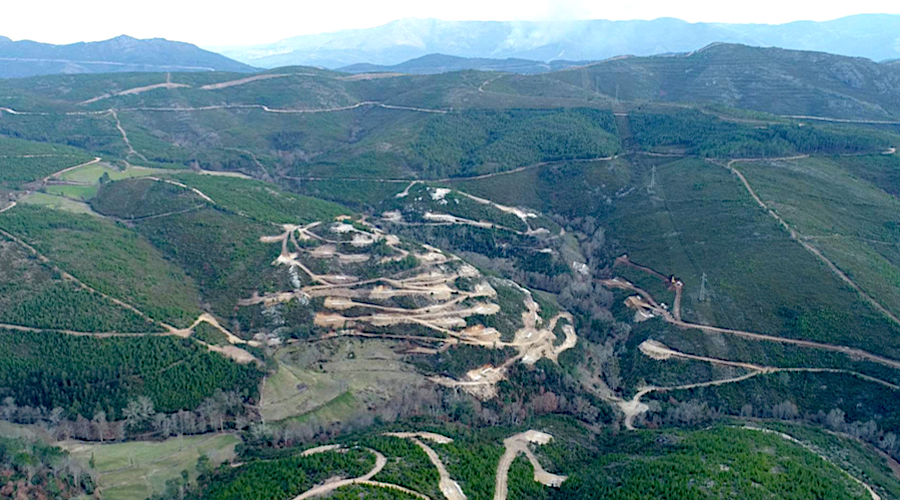Savannah Resources aims to cut Portugal lithium mine’s direct emissions to zero

Savannah Resources (AIM: SAV), the company trying to build western Europe’s largest lithium mine in Portugal, said on Monday it had found a way to significantly cut the project’s direct emissions (or Scope 1) to zero.
The company said it had confirmed that using battery electric mining equipment would be the most effective way to eliminate its flagship Barroso lithium project’s emissions.
It also said the project’s indirect emissions (or Scope 2), which are those tied to inputs a miner purchases, like electricity, could be lowered by 54% from the original 2019 forecast, thanks to a potential reduction in the plant’s power requirement.
Despite earning a preliminary stamp of approval in April 2021 from authorities, the country’s Agência Portuguesa do Ambiente (APA) asked the company to resubmit last year its its Environmental Impact Assessment (EIA) for the proposed mine.
The consequent delay triggered the departure of chief executive David Archer, who was replaced on an interim basis by Dale Ferguson, previously the company’s technical director.
The updated strategy disclosed on Monday was created following the completion of the initial study phase by ECOPROGRESSO, a Portuguese environmental, sustainability, and climate change consultant.
Such research aimed to update the project’s greenhouse gas inventory, reduce emissions, and create a preliminary decarbonization strategy.
Looking ahead, the lithium company said future work would include more detailed analysis as part of the definitive feasibility study on the project, as well as studies to determine a site specific solution for a transition to a battery operated mining fleet and associated charging infrastructure.
Europe’s first
Savannah Resources had hoped to secure EIA approval for the project last year, as Barroso is poised to help Europe reduce its dependence on fossil fuels and speed up its “green transition.”
The company acquired a 75% interest in the lithium project in May 2017, maintaining a fast paced development approach since. January’s 2022 parliamentary election in Portugal, chairman Matthew King recently said, impacted the timing of the assessment as meetings with government officials were postponed.
The Barroso project holds a resource estimate of 27 million tonnes of lithium with over 285,900 tonnes contained Li2O, at an average grade of 1.06% Li2O, which the company believes to be enough to supply a “material proportion” of Europe’s lithium demand over the coming decades.
The mine will also yield a feldspar and quartz co-product used in the ceramics industry, which will be sold to customers locally and in neighbouring Spain.
Portugal, already Europe’s top lithium producer, accounts for about 11% of the global market, but its output is entirely used to make ceramics and glassware, which is why Europe relies on lithium imports from Latin America’s Lithium Triangle, as well from Australia and China.
{{ commodity.name }}
{{ post.title }}
{{ post.date }}




Comments